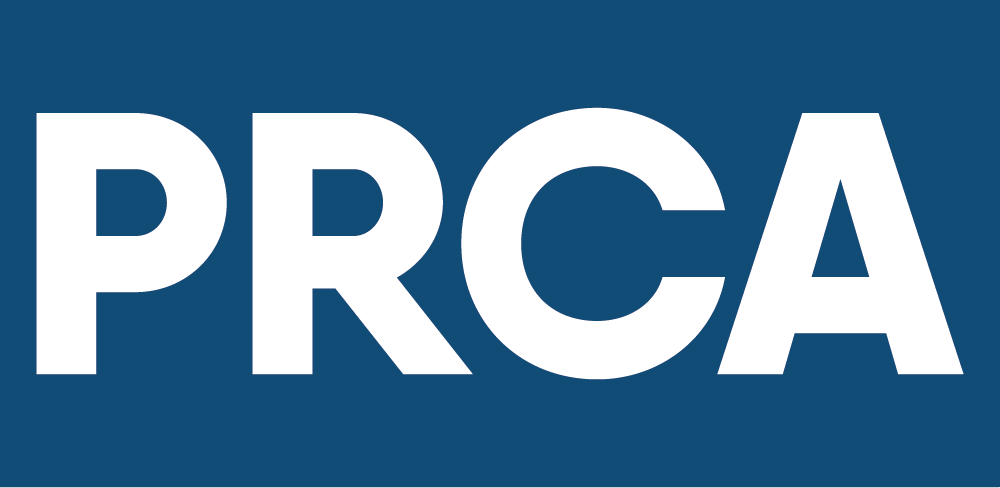Welcome to the PRCA website.
We’re adding new content and features regularly, including a new portal for members, and much more. Stay tuned!
DE&I driven: Why businesses must step up their thought leadership efforts
As we head towards this year’s International Women’s Day, DE&I is once again high on the media agenda. But, to those of us who have worked with organisations over many years to champion the benefits of increasing diversity in businesses, and particularly increasing female representation, it has been frustrating to see that it’s making headlines for all the wrong reasons.
The views that we have seen aired in recent weeks demonstrate the vital importance of businesses being vocal about their DE&I commitments, and continuing to champion the huge benefits diverse teams can bring to businesses. Creating and publicising thought leadership on the topic has never been more crucial.
There are three key reasons why this important work must continue. Firstly, thought leadership is essential to providing key data points which track progress, inform leaders at businesses around the world and can even shape policymaking by governments around the world. Grant Thornton International’s Women in Business research has tracked the percentage of senior management roles held by women for 21 years, providing a detailed picture of how some of the most significant events of the past two decades have impacted women in leadership. This data has increased awareness and engagement, generating a wealth of media coverage, and being used by governments at the highest level of international politics.
As well as providing crucial data points, a thought leadership approach also enables organisations to really understand the issues which underpin the statistics. Conducting interviews with external and internal stakeholders can help businesses to explore the reasons behind the headline figures, often uncovering barriers and challenges to diversifying the workforce. Statements that have become common parlance in business such as ‘greater diversity leads to greater decision making’ and ‘flexible working is good for women’ are able to be substantiated and better understood. For firms which provide management consultancy or other professional services, this is a vital part of helping their clients to achieve their goals.
Finally, thought leadership research into these key issues provides a vital evidence base for bringing about change across a whole range of organisations. Use Perplexity or ChatGPT to look for figures around workplace equality and, alongside government statistics on equal pay and economic participation, you’ll find a wealth of information generated from thought leadership projects. Having this resource can: aid discussions with senior leaders and / or clients about the need to change policies and adopt new ones; support the challenging of recruitment processes; and help a leadership team to understand the implications of key business decisions, such as promotions and pay.
It's as important now as it was 20 years ago for businesses to produce these detailed insights on women in the workplace – particularly if we’re going to fulfill this year’s IWD goal to accelerate action. Where political commitment may be waning, businesses must lead the conversation and generate research which insights which are not just useful, but essential for all.
At Luther, we help clients design, research and deliver thought leadership content across a range of different themes and sectors. If your organisation would like support with its thought leadership content, please contact us at: thoughtleadership@luther.co.uk.
